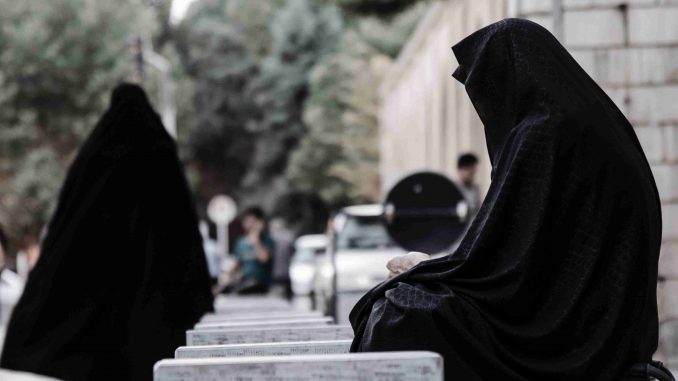
The Danish Parliament has banned the wearing of face veils in public. The reaction from the media and some organizations has been quite impressive, over a measure that only concerns Denmark.
Artículo disponible en Español | Article disponible en Français
Right after the announcement was made, big international newspapers published articles talking about the move, but making it sound as if it was only targeted towards the Muslim minority, due to these wearing burkas and niqabs. But in reality, the country banned pretty much anything covering the face of people, with a few exceptions.
These exceptions allow covering the face if justified, such as cold weather or motorcycle helmets.
Similar bans exist in other countries such as Belgium, France, the Netherlands, Bulgaria and Austria, and come with fines. In Denmark, these fines range from 1 000 DKK (Danish Crowns) for the first offense, to up to 10 000 DKK for the fourth one. It is unclear how the Police will apply the new ban. The Police has already said they will not force people [Muslims basically] to take off their veils, and instead either take them home if they live close by or take them to the police station and call a family member.
Various groups, defending Muslims and immigrants, have said that this ban is discriminatory towards women, as it forces them to dress in a specific way, or is an attack on Islam. Others argued that covering their face is not compatible with Danish culture and is also discriminatory towards women.
It is unknown how many [Muslim] women wear the burka or niqab, as there aren’t official numbers available. Last estimations say only some 150 to 200 women are concerned.
In other European countries, the reason given for the ban is identity controls, as by covering one’s face, authorities cannot check the identity of the person under it.
Update:
People claiming that banning the wearing of face veils is discriminatory towards women should probably realize that other things are banned. For example, in some coastal cities such as Barcelona or Alicante, in Spain, it is not allowed for men to walk around shirtless, even if it can get very hot in summer (up to 40 degrees in some cases). But we never hear men and associations scream “Discrimination towards men!” and such. So why should it be a problem banning the veil?


